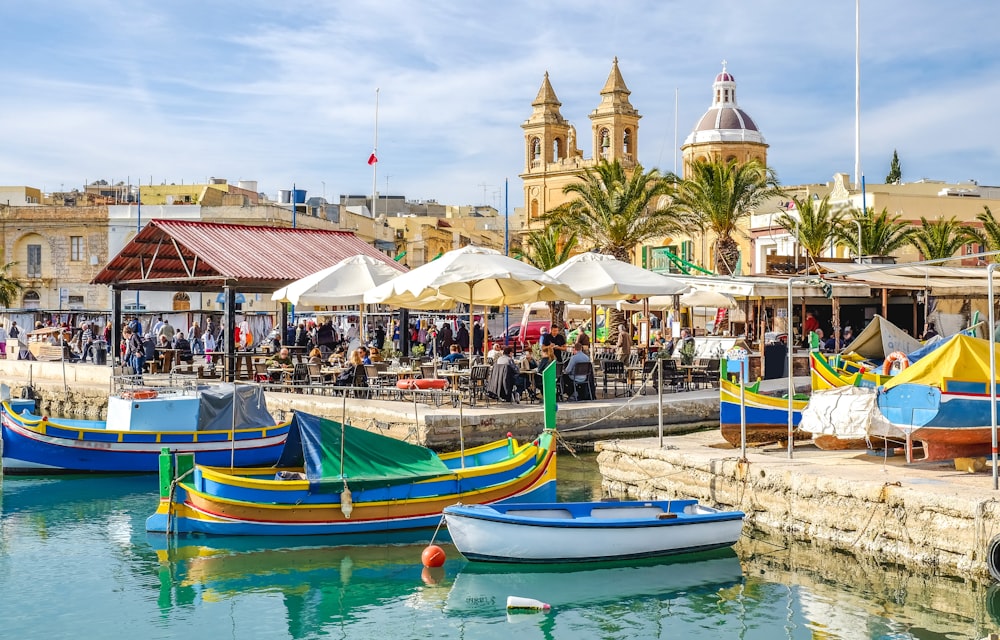
In addition, the state has entered into a large number of treaties to avoid double taxation.
Who pays taxes in Malta?
The specificity of the Maltese legal framework depends on whether a person is a tax resident of the country or resides in the territory of the jurisdiction as the owner of permanent residence. In this situation, he is called “domicile”. As for individuals, a lot depends on their status. They can be citizens, investors applying for citizenship of Malta, and immigrants. Thus, highly qualified specialists employed in the insurance, financial, investment, banking spheres have the right to pay income tax in Malta at a rate equal to 15% instead of 35%.
Concerning organizations, the definition is quite simple. A resident is a company registered in Malta, whose main management center (head office) is located here. In addition, the firm has a branch office on the island. This is established by the presence of different accounts, staffing, and other criteria.
Imputation of taxes
Although Malta is no longer an offshore zone, it still managed to maintain its attractiveness for companies. Thanks to the strong link with the EU, investment flows to Malta have increased. The secret is simple: income tax in Malta is 35%, but it must be paid only if more than 10% of your income was received within the state itself. For international transactions, 6/7 of the accrued tax is refunded to you within 14 days. Thus, the actual tax rate outside the country is 5%.
Currency risks
Business owners are often worried about currency risks. This becomes especially relevant in connection with:
- sharp leaps in rates;
- receiving from different sources of profit, respectively, in different currencies.
All of this threatens the loss of a company actively engaged in international business. Therefore, payments are made in the same currency in which the company received income. This means that no one is involved with the constant recalculation of funds from one currency to another. During returns, the currency does not change either, which allows not only to remove risks but also to significantly simplify the scheme and make it more flexible.
Corporate tax
Taxation of legal entities is as follows:
The general income tax rate is 35%, but here the majority pays only 5%. At the same time, nothing is charged from the authorized capital, royalties, dividends, profits received in the form of interest.
- VAT – 18%.
- Hotel services are taxed at a rate of 7%.
- 5% should be deducted from works of art, prints, medical accessories, confectionery.
- The rate will be zero for certain foods and medicines, as well as for exports.
Requirements for individuals
Individuals pay taxes on capital gains, depending on the size of their profits. Also, there is also stamp duty. The interest rate on income tax can range from 0 to 35%, depending on the size of the profit, as well as on the status. The resident is in a better position. At the same time, non-residents must make contributions to the state only from what they received on the territory of the country.
Besides, income tax, individuals also pay 15% on bank interest, and the same amount on dividends provided that the profit they receive is the tax base. There is also social security, here we are talking about 10%. The deadline for filing the declaration is June 30th.
Inheritance and gift taxes
Subject to Maltese law, there is no inheritance or gift tax in the country. However, the taxpayer will still have to reimburse the amount of the administrative fee to the state, as well as pay the registration fee when transferring objects under the right of use. The tax rate applies only if the transferred property was used as the primary place of registration.
Property tax
It does not apply, however, when carrying out a transaction for the sale and purchase of property, you will have to pay a government fee of 12% of the transaction price.
Social insurance
Contributions to the social insurance fund are compulsory for all able-bodied Maltese between the ages of 16 and 65, these include foreign citizens working in the territory of the jurisdiction. The indicative rate is 10%. An important nuance: social insurance contributions are made bilaterally, both from the employee’s side and from the employer’s position.
Outcome
Malta’s current tax system is heavily influenced by the Napoleonic Code and the British legal system. In addition, this state has been an offshore zone for quite a long time and then decided to establish relations with the EU, but at the same time not to lose its attractiveness for businessmen, which in general it succeeded thanks to a competent, flexible and thoughtful tax policy.

